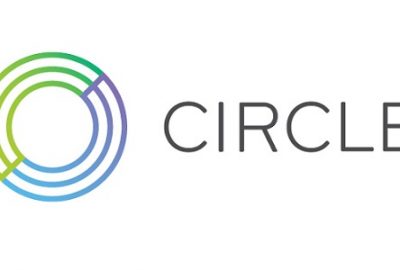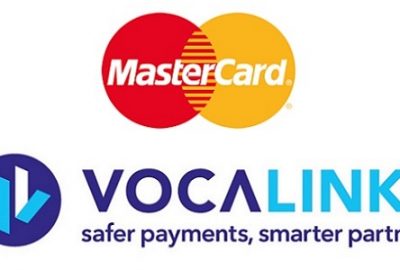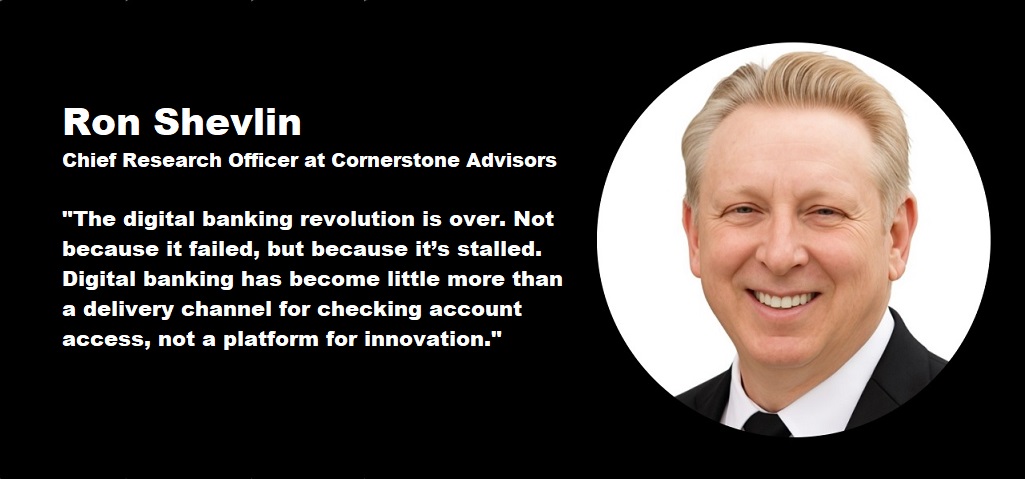ECB Report – virtual currencies cannot be considered to be safe money
 October 31, 2012 – In a preliminary impact assessment of the proliferation of virtual currency schemes, the ECB notes that while most such schemes are too small to jeopardise price or financial stability, they do represent a challenge to public authorities due to the legal uncertainty surrounding their status and their adoption by criminals and money launderers. The ECB is worried that the growth of such schemes could have a negative impact on the reputation of central banks and recommends that regulators pay closer attention to ongoing developments in technology innovation and currency creation to anticipate future threats.
October 31, 2012 – In a preliminary impact assessment of the proliferation of virtual currency schemes, the ECB notes that while most such schemes are too small to jeopardise price or financial stability, they do represent a challenge to public authorities due to the legal uncertainty surrounding their status and their adoption by criminals and money launderers. The ECB is worried that the growth of such schemes could have a negative impact on the reputation of central banks and recommends that regulators pay closer attention to ongoing developments in technology innovation and currency creation to anticipate future threats.
Virtual currencies cannot be considered to be safe money, since the likelihood of the asset retaining its value for the holder, and hence its acceptability to others as a means of payment cannot be ensured, according to European Central Bank report. It simply relies on the creditworthiness of the issuer of the settlement asset. The level of safety is clearly below that of commercial bank money, as commercial banks are subject to prudential requirements and are supervised in order to reduce the likelihood of default, thereby improving the safety of claims on these institutions.
This is a fundamental risk relating to virtual currency schemes, which do not involve any kind of supervision of the settlement institution or oversight of the system, and therefore no one is accountable for their acts. Nor is there any kind of investor/depositor protection scheme in place. As a consequence, users bear all of these risks themselves.
 Virtual currency schemes seem to work like retail payment systems within the virtual community they operate. However, in contrast to traditional payment systems, they are not regulated or closely overseen by any public authority. Participation in these schemes exposes their users to credit, liquidity, operational and legal risks within the virtual communities; no systemic risk outside these communities can be expected to materialise in the current situation.
Virtual currency schemes seem to work like retail payment systems within the virtual community they operate. However, in contrast to traditional payment systems, they are not regulated or closely overseen by any public authority. Participation in these schemes exposes their users to credit, liquidity, operational and legal risks within the virtual communities; no systemic risk outside these communities can be expected to materialise in the current situation.
For the time being, the low volume traded in the virtual currency schemes and the fact that there is no substantial connection with the real economy (relatively few users who are spread across the world) means that the stability of the financial system cannot be negatively affected by any of these schemes. However, the situation could change in the future if these schemes become an alternative to traditional currencies, according to European Central Bank
Here again, the true impact of virtual currency schemes will largely depend on the number of active users, as well as the number of merchants willing to accept the virtual currency for real transactions. In addition, the fact that these currencies have only exchange value and no use value may also pose a problem. Users of the system actually exchange real currency for computing bits. There is normally no asset with intrinsic value underlying the virtual currency, nor is there any central bank backing the currency and acting as lender of last resort. At the same time, these markets are illiquid and rely on others wanting to join the scheme. As a consequence, users face a substantial liquidity risk and could end up owning bits that no one wants to buy.
It seems that, at the moment, these schemes do not allow borrowing or lending. But this may change in the future.
Virtual currency schemes, in contrast to traditional payment systems, are not regulated. The legal uncertainty surrounding these schemes might constitute a challenge for public authorities, as these schemes can be used by criminals, fraudsters and money launderers to perform their illegal activities.
Read the full report – download here
Dariusz Mazurkiewicz – CEO at BLIK Polish Payment Standard
Banking 4.0 – „how was the experience for you”
„To be honest I think that Sinaia, your conference, is much better then Davos.”
Many more interesting quotes in the video below:










